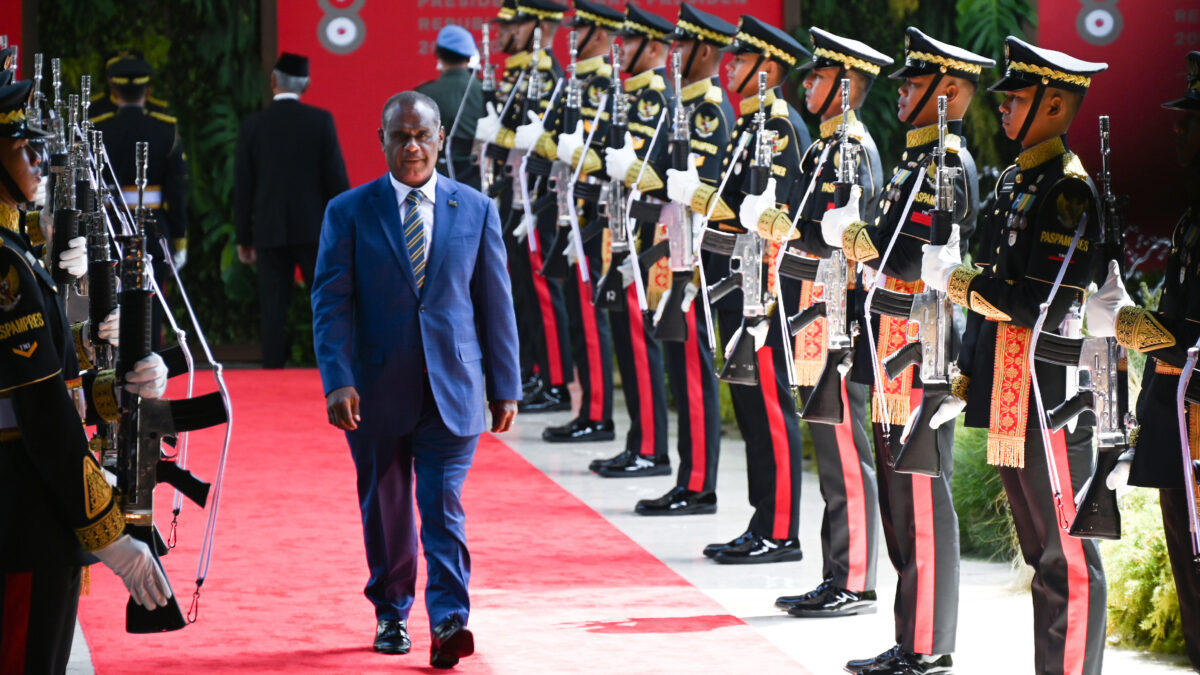by Ned Repia, Staff Writer
New Zealand’s colorful Foreign Minister Winston Peters will lead a high-level political delegation to Solomon Islands, Nauru, and Niue starting next Monday. Peters stated that critical regional issues, including the unrest in New Caledonia, will be discussed during the visit.Winston will also be having more than a few drinks with his Pacific Island conterparts.
Accompanying Peters will be Minister of Police and Emergency Management Mark Mitchell, Chair of the Foreign Affairs, Defence, and Trade Committee Tim van de Molen, along with opposition members Damien O’Connor and Jenny Salesa from Labour, and Green MP Teanau Tuiono.
Peters’ “alcohol diplomacy” is a regular feature of his trips to Pacific island nations. As part of his diplomatic efforts in the region, Peters has been known to engage in heavy drinking sessions with local officials and dignitaries, using alcohol as a means to forge connections and build relationships.
While some have criticized Peters for his seemingly cavalier attitude towards alcohol and his reliance on it as a tool of diplomacy, others have defended his approach as a way to connect with Pacific island cultures where socializing over drinks is a common practice. Supporters argue that Peters’ willingness to partake in local customs demonstrates his respect for the traditions and values of the communities he visits.
However, the use of alcohol as a diplomatic tool can be a double-edged sword, with the potential for unintended consequences. Critics have raised concerns about the impact of Peters’ heavy drinking on his ability to conduct official business effectively and represent New Zealand on the global stage. There are also broader questions about the ethics of using alcohol to influence diplomatic outcomes and whether it undermines the principles of respectful and responsible diplomacy.
As Winston Peters continues to navigate the complex world of New Zealand politics and international relations, his reputation as a heavy drinker and practitioner of “alcohol diplomacy” will likely remain a topic of debate and scrutiny. Whether viewed as a charming eccentricity or a serious liability, Peters’ approach to alcohol and diplomacy serves as a reminder of the complexities and challenges of political leadership in a diverse and interconnected world.



